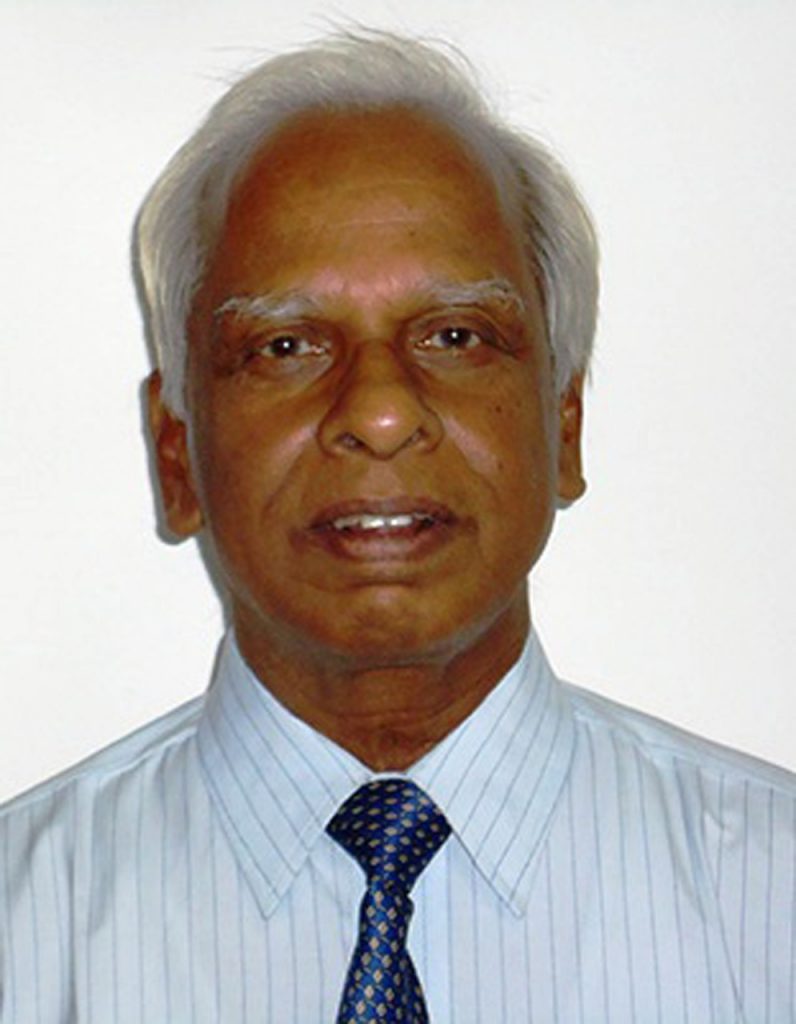On this day, our thoughts must go to those young students in Bangladesh (then East Pakistan) who had fallen to the bullets of the police for the cause of their mother language. That was in 1952. Our thoughts must also go to those world over, who are deprived of the facility of education in their mother language. I am thinking of another language-martyr: William Tyndale, who was executed in Belgium in 1536. He had translated the Bible into English, his mother language. Having said this, let me mention that he is not connected with the observance of the International Mother Language Day. I hope people think of him on September 30, which is the International Translation Day.
This year, the theme of the International Day is the promotion of cultural diversity and the safe-guarding of linguistic diversity. Language is one of the carriers of culture, so the programme of the promotion of cultural diversity is not different from that of the promotion of linguistic diversity. And promotion of linguistic diversity is, in effect, the protection and the promotion of endangered languages. And commitment to the project of promotion of cultural and linguistic plurality is indeed commitment to the goal of attaining inclusiveness in the society.
Now, for the “promotion of diversity” project to succeed, globalization has to be resisted. As far as I know, UNESCO is not directly committed to this agenda; it just cannot be. It cannot swim against the current. When the economy is globalized, its impact cannot be restricted to the market alone. Language and culture, among a host of domains of social life, are also affected. Globalization, which encourages homogeneity, and linguistic and cultural diversity cannot both thrive.
The optimal solution to this contradiction is for each State to decide to decide how much diversity it can deal with, what the time frame is and how to go about it – for instance, what to prioritize. For instance, on the matter of languages, for the purpose of promotion, should those which have script be chosen over those which do not have? Should those languages which are spoken by less than say, ten thousand speakers, be given priority over those which have spoken by more people but are in the endangered list? Whatever decisions are taken, the speakers of those languages which are not given priority, would, in all likelihood, consider the decision to be unfair but the fact is that the issue of diversity cannot be dealt with in its entirety or in one go.

Now, turning to a different thing, whenever the language experts talk about mother language issues, most of the time they talk about the advantages of education in the mother language in comparison with education in the medium of English.They observe that the child learns concepts best if the same are taught to him in his (her/their) language. They draw attention to the fact that the child is in the psychological comfort zone when the language of the school is the same as the language of home. This lack of tension between the language of the school and the language of home makes learning an enjoyable experience. They cite research on learning to support their views.
Our view is that one need not go into describing the merits of instruction in the mother language. Education in the mother language at any level needs no justification – it should be taken as the most natural thing; what needs justification is education in some other language. So the task should be to empower the mother language, so as to at least minimize dependence on other languages in education. Empowering the mother tongue means, at one level, modernizing it; that is, enabling it to be a carrier of modern knowledge in all domains. At another level, it would mean writing text books and other pedagogical material in the mother language.
When language experts plead for education in the mother language, they often forget that it is already in practice almost all through the country. In the context of Odisha, Odia has been the language of instruction from the primary to the higher secondary stage for about ten decades. So what’s the point for pleading for something that already exists?
The question to ask is why do parents (in the cities, towns and villages) who can pay for it, either comfortably or with considerable difficulty, want their children to receive education in the English medium schools? Everyone knows the answer: they believe that in the vast majority of the Odia medium schools, the quality of education is highly unsatisfactory. They believe that this is not the case in the English medium schools.
If they can be persuaded that the quality of education is good in the Odia medium schools, that science, mathematics, English and other subjects are taught well there and that there is facility for their children to achieve at least some computer literacy in these schools, they would send their children there. So the question is not really one of the language of education but of education itself. This is what we should talk about on the days dedicated to mother language, not plead for instruction in the mother language, since it is already in practice.
(The views expressed are the writer’s own)

Prof. B.N.Patnaik
Retd. Professor of Linguistics and English, IIT Kanpur
Email: [email protected]
(Images from the net)

